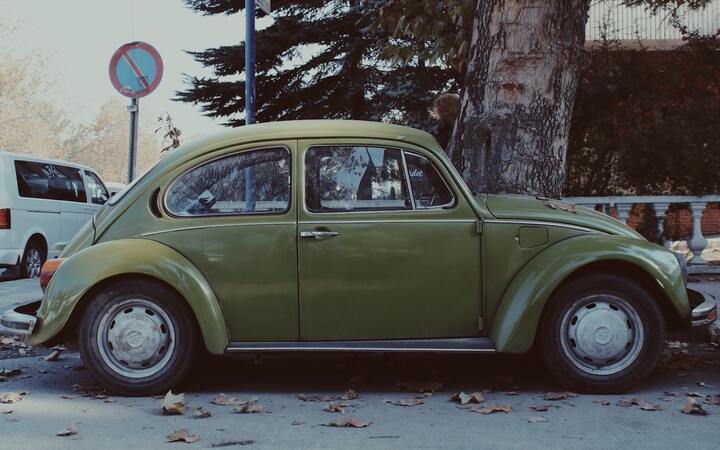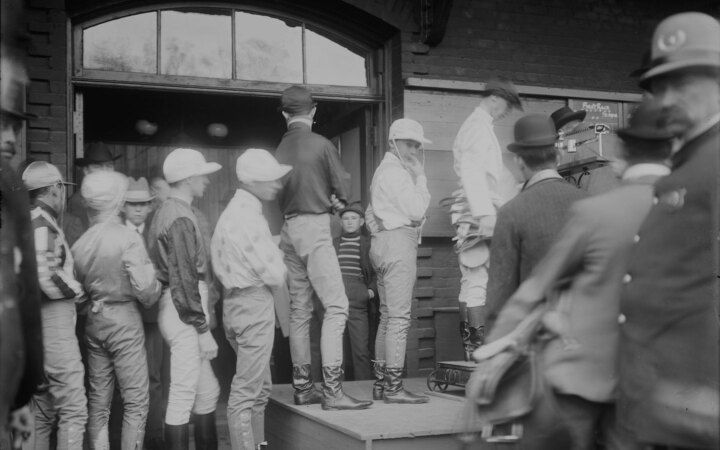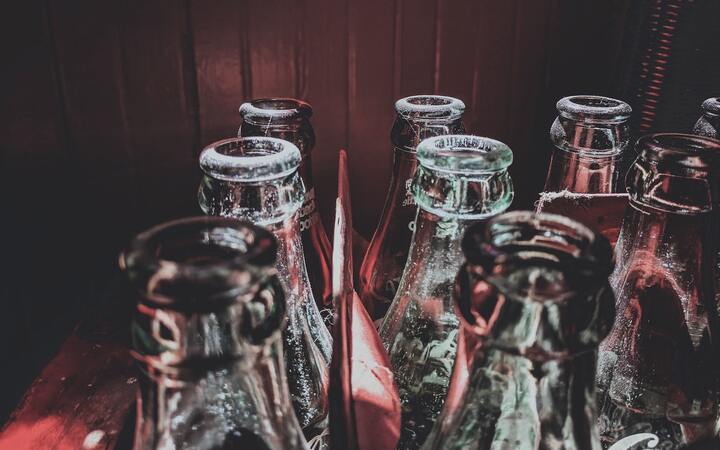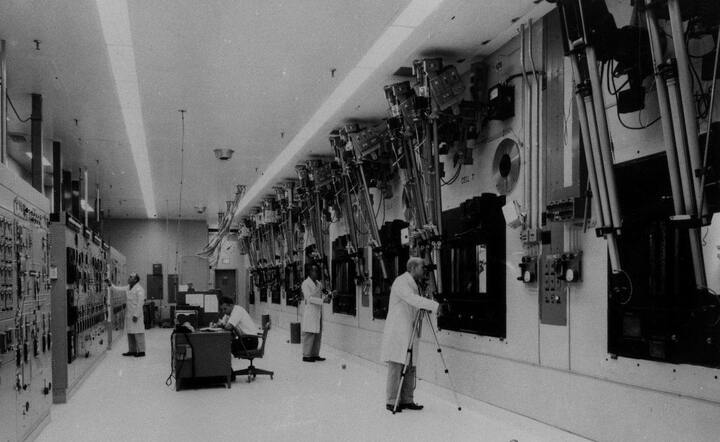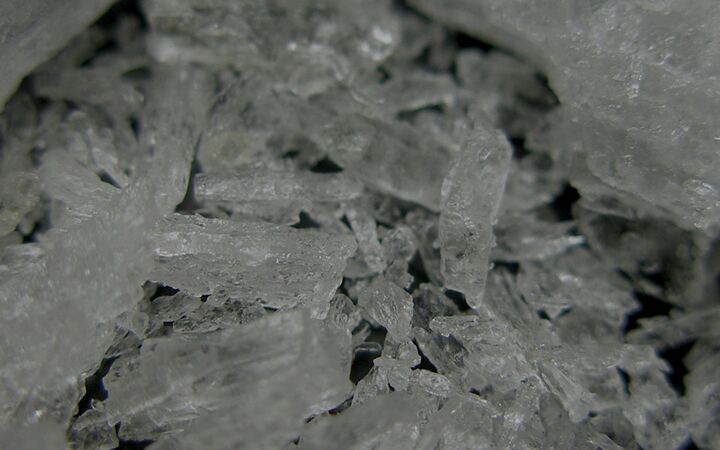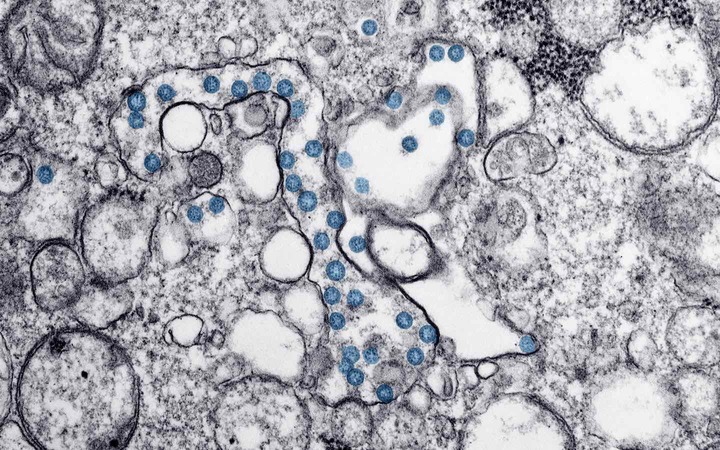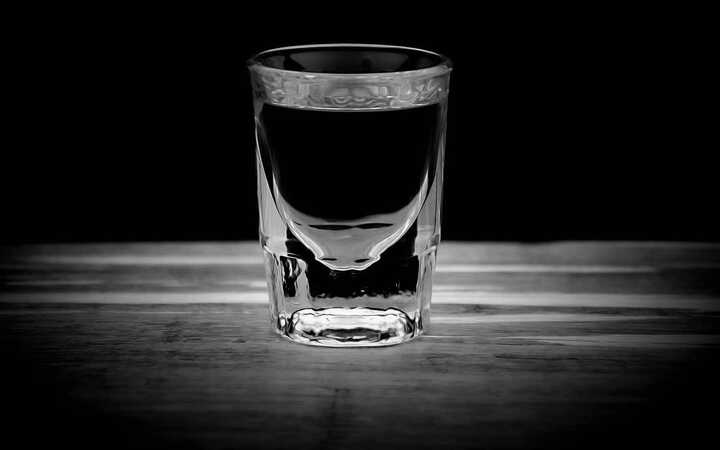You’re probably aware that if you get a CT scan, that exposes you to a fair amount of radiation. But I’ve always wondered—how much should I care about that?
So here’s an attempt at a rough estimate. As always, I think the right way to quantify things is in terms of the impact on life expectancy since this allows us to compare all the different possible life interventions.
Let’s start with two existing estimates:
- Lin (2010) estimates that exposure to 1 Sv (1000 mSv) of radiation leads to a 5% excess risk of death from cancer. (h/t: Tinac4).
- Gandjour (2021) estimates that curing all cancer in rich countries would increase life expectancy by 3.25 years, and would increase remaining life expectancy for the average person by around 2.66 years.
So a very rough heuristic is that exposure to 1 mSv of radiation would decrease life expectancy by
(Cost of 1mSv)
= (Extra cancer risk) × (Life expectancy change from eliminating all cancer)
= (0.05 / 1000) × 2.66 years
= 1.16 hours.
Now, we can take estimates of the amount of radiation from different types of scans (again from Lin (2010)) and convert them into changes in life expectancy.
| Category | Examination | radiation (mSv) | Life expectancy cost |
|---|---|---|---|
| Radiography | Extremity | 0.001 | 4 sec |
| Chest | 0.1 | 7 min | |
| Lumbar spine | 0.7 | 49 min | |
| Abdomen | 1.2 | 1 hr | |
| Computed tomography | Sinus | 0.6 | 42 min |
| Head | 2 | 2 hr | |
| Chest | 7 | 8 hr | |
| Abdomen & Pelvis | 10 | 12 hr | |
| Nuclear medicine | Lung ventilation/perfusion | 2 | 2 hr |
| Bone scan | 4.2 | 5 hr | |
| Cardiac perfusion | 12.5 | 15 hr | |
| Fluoroscopy | Barium swallow | 1.5 | 2 hr |
| Coronary angiography | 10 | 12 hr | |
| Other | Mammography | 0.7 | 49 min |
| DEXA | 0.001 | 4 sec |
Overall… you probably don’t want to do these things on a lark. In some hypothetical future where we’re all 1000x richer and have nuclear medicine equipment sitting around in the basement, you wouldn’t want to do weekly bone scans “just in case”. But if you’re a normal person today and a doctor ordered one of these tests, it seems very likely that the value of information gained by the test would outweigh the costs of the test itself.
Of course, these estimates are noisy. The starting numbers could be off, the math uses a linear approximation, and this assumes—surely incorrectly—that radiation is equally harmful on any part of the body. Still, these numbers are small enough that I can’t help but further discount one of the standard justifications given for the strange anti-diagnostic movement in modern medicine.


